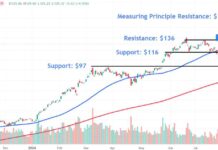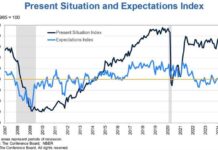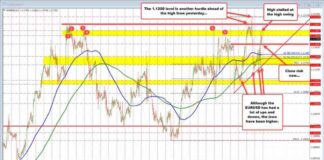The New Zealand dollar has been on a downward trend for the past six days, experiencing a 3.6% decrease in value during this time. However, on Tuesday, the NZD showed some signs of stabilization and is currently trading at 0.6120 in the North American session, with a 0.07% decrease for the day.
The Reserve Bank of New Zealand (RBNZ) is scheduled to announce its rate decision on Wednesday, with market expectations leaning towards a rate cut. The consensus among investors is that the RBNZ will likely implement a 50 basis points rate cut, although a smaller cut of 25 bps is also a possibility.
The RBNZ had previously refrained from adjusting rates for over a year until August when it decided to join other major central banks in cutting rates. This move came as a surprise to the markets, especially since the central bank had initially projected its first rate cut to occur in mid-2025.
One of the reasons driving the expected 50 bps rate cut is the negative impact of high interest rates on economic activity. The country’s GDP contracted by 0.2% in the second quarter, while inflation dropped to 3.3%, nearing the upper limit of the RBNZ’s target range of 1-3%.
According to the RBNZ’s latest projections, inflation is anticipated to decrease to 2.3% in Q3. However, the official inflation report is not set to be released until next week. If the RBNZ decides to implement a 50 bps rate cut and inflation turns out to be higher than expected, the central bank could find itself in a challenging position.
Additionally, the recent 50 bps rate cut by the Federal Reserve in September provides further support for a similar move by the RBNZ. This alignment in rate adjustments reduces the risk of a significant devaluation of the New Zealand dollar.
On the technical side, the NZD/USD currency pair is currently testing resistance levels at 0.6137 and 0.6161, with support levels at 0.6100 and 0.6076.
Overall, the upcoming RBNZ rate decision is eagerly anticipated by investors and could have a significant impact on the value of the New Zealand dollar in the foreign exchange market. It is important for traders to stay informed about global economic trends and events that could influence their investment decisions.

















